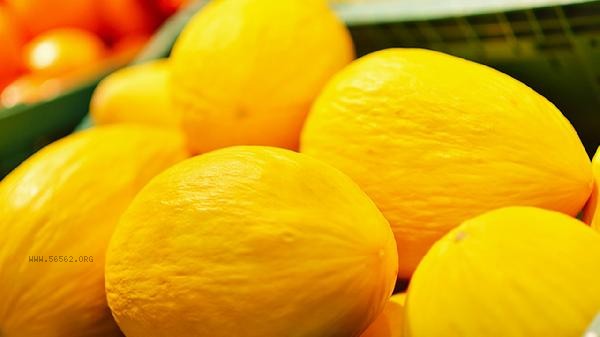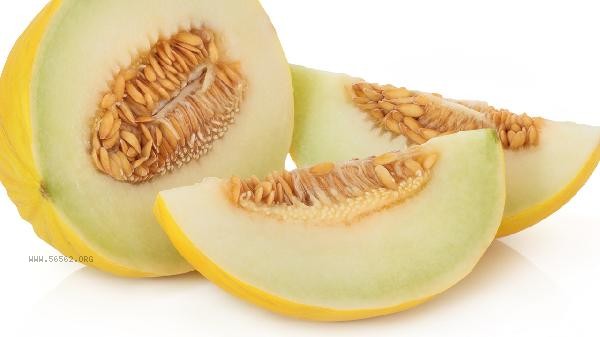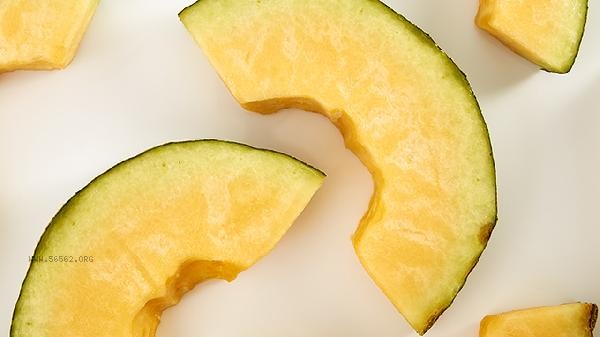Compared to oranges, cantaloupes are more likely to cause internal heat. Hami melon, with its cool nature, helps to clear heat and produce fluids, while oranges, with their warm nature and high sugar content, may exacerbate internal heat. Oranges contain a high amount of sugar and acidic substances, and excessive consumption may irritate the oral or gastrointestinal mucosa, leading to symptoms such as dry mouth and tongue, swollen gums, and other symptoms similar to internal heat. People with a constitution that is too hot or those with yin deficiency and excessive fire need to control their intake, and it is recommended not to exceed two per day. The fruit acid in oranges may also promote the secretion of stomach acid, and people with weak gastrointestinal function who consume it on an empty stomach may experience acid reflux discomfort. Hami melon has a moisture content of over 90% and is rich in potassium, which can help balance sodium levels in the body and alleviate dryness and heat caused by a high salt diet. Its vitamin C and antioxidant substances help alleviate inflammatory reactions, making it suitable for summer heat relief or replenishing water during dry seasons. However, the sugar content of Hami melon is also high, and patients with diabetes need to pay attention to the weight control.

In daily diet, it is necessary to choose fruits according to one's own constitution. For those with damp heat constitution, they can choose cool fruits such as cantaloupe and pear. For those with deficiency cold constitution, moderate consumption of oranges is not harmful. Regardless of the type of fruit, excessive consumption should be avoided at once, and pairing it with sufficient water and a light diet can better prevent symptoms of excessive heat. If there is a long-term problem of easily getting overheated, it is recommended to seek medical attention to check for vitamin deficiency or metabolic abnormalities.











Comments (0)
Leave a Comment
No comments yet
Be the first to share your thoughts!